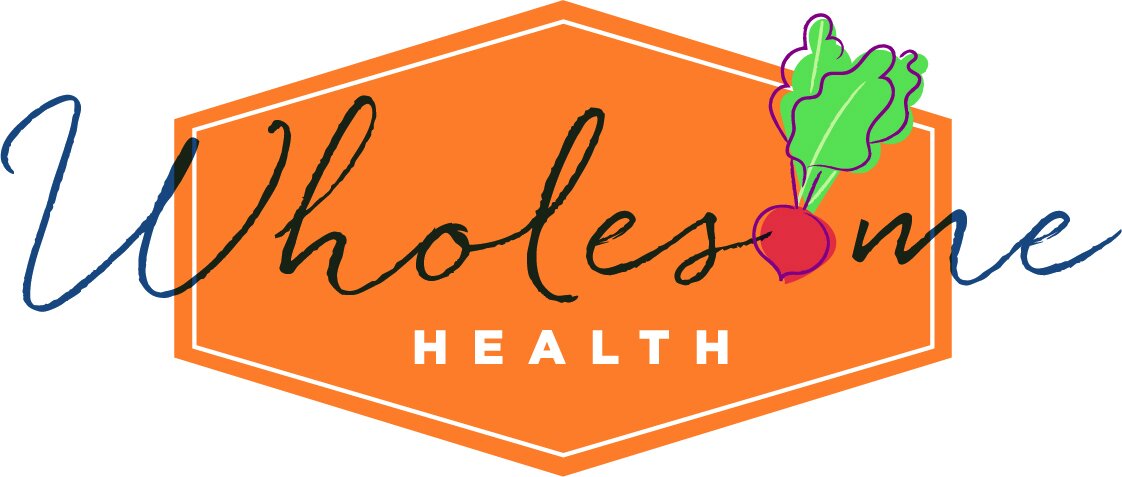Why Should I See a Dietitian?
Have you ever wondered what a dietitian does? Are you confused about the difference between a dietitian and a nutritionist? Because March is National Nutrition Month, I thought I’d dedicate today’s post to discussing what a dietitian is, how to become one, and what you can expect if you make an appointment with me. I’m also now able to accept some insurance plans, so scroll down or check out my services page for the full list!
What is a registered dietitian?
There is often confusion about the difference between a dietitian and a nutritionist. A registered dietitian (RD) or registered dietitian nutritionist (RDN) must:
Obtain a 4-year bachelor’s degree at a school approved by the Accreditation Council for Education in Nutrition and Dietetics (ACEND) of the Academy of Nutrition and Dietetics (AND)
Complete an ACEND-approved internship program (usually 6-12 months)
Pass a national exam administered by the Commission on Dietetic Registration (CDR)
Complete 75 hours of approved continuing education every 5 years to maintain registration
A nutritionist does not need to meet any of the above requirements.
RDs and RDNs work in a variety of settings, including:
Hospitals
Medical clinics
Private practice
Universities
Sports medicine
Research
Foodservice
Community and public health centers
Areas of focus
Many people benefit from seeing an RD or an RDN, I often see clients with the following conditions:
Diabetes and prediabetes
Cardiovascular health (high cholesterol, high blood pressure, etc.)
Prenatal and postpartum nutrition
Gestational diabetes
Polycystic ovary syndrome (PCOS)
Gastrointestinal issues (IBS, Celiac disease, acid reflux)
Weight management (weight loss or weight gain)
Additionally, I spend a lot of time talking about just general healthy eating with my clients. Working with a dietitian can be a great way to increase motivation and help you figure out a place to start so that you can work towards achieving your health-related goals.
What to expect
For an initial visit, I like to meet with clients for 60 minutes; follow-up visits are usually 30 minutes. All appointments are currently conducted via a secure telehealth platform. I find it to be most helpful to tailor appointment topics to a specific client because everyone is different and what motivates one person to want to change can be completely different than what motivates another person.
Insurance
I am now accepting some insurance plans! Most insurance plans are covering telehealth due to the public health emergency, but it’s likely that many of them will continue to cover it even after the public health emergency is over. I also accept self-pay because unfortunately, some insurance plans do not cover nutrition education. The insurance plans I accept include:
Blue Cross Blue Shield
Regence Group Administrators (RGA)
PacificSource
As you can see, working with a dietitian has so many benefits. If you’re wondering exactly how I can help you, then schedule a free-15 minute call today!
